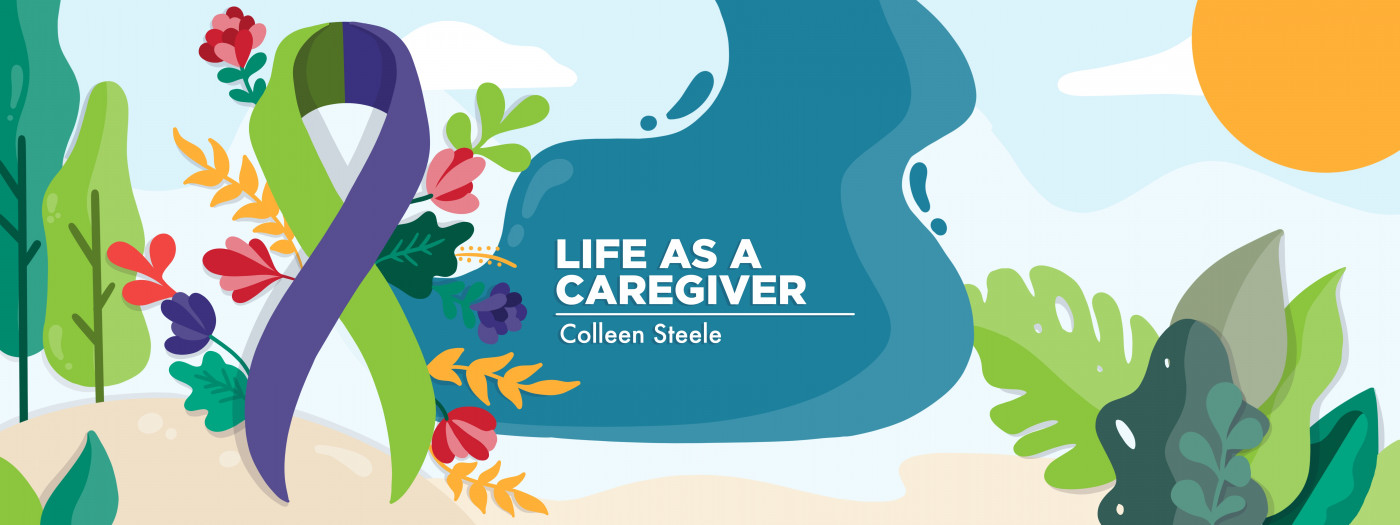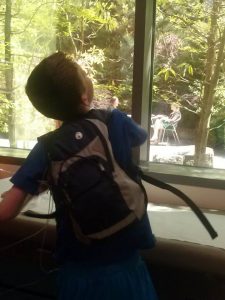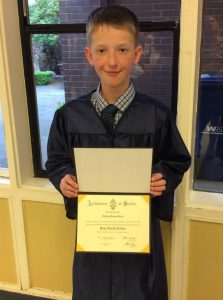Surviving a PH Paradox Is a Tale Worth Telling
Written by |

In 2008, when my son Cullen was diagnosed with pulmonary hypertension, I started a health journal on the website CaringBridge. I compare the pages of his medical journey to the opening paragraph of “A Tale of Two Cities” by Charles Dickens: “It was the best of times, it was the worst of times …”
Cullen’s life with PH was a paradox of hope and despair.
Family, friends, and even strangers rallied around Cullen, sheltering him with a never-ending supply of love and support. Home life was happy, and school was a safe place where he enjoyed some normalcy in his childhood. Cullen adored and respected his team of doctors and nurses, and they reciprocated those feelings with compassion and by consistently providing quality medical care.
Hope was abundant, but so was despair. Cullen was an extremely sick little boy. He was coping with frightening symptoms from an incurable disease and side effects from treatments that ironically provided a better quality of life.
As I page through the PH years of Cullen’s medical journal, I notice how much I had focused on hope and had brushed over despair until the summer of 2013. That is when Cullen’s health rapidly declined, and hope became dependent on listing him for a heart and double-lung transplant.
He hopelessly surrendered to additional treatments meant to build up his strength reserve for such a rare and complicated surgery.
He transitioned from using oxygen mostly at bedtime to using it around the clock.
Cullen carried a backpack for five years containing a pump that administered a continuous intravenous PH treatment, Flolan (epoprostenol GM). In the summer of 2013, Cullen started milrinone. This continuous intravenous treatment for heart failure required another pump, adding even more weight to his medical backpack.
As Cullen was adjusting to all of this, he was also anxiously waiting for the start of his eighth grade school year. He had worry on his mind. Would he be well enough to attend class? Would he make it to his graduation? Would a transplant come in time to save his life?
As difficult as it was for Cullen to think about his health and mortality, it was becoming even harder to talk about. He wanted me to speak for him at medical appointments, but a doctor emphasized that he needed to find his voice. Self-advocacy before and after transplant is especially important and expected.
In June 2013, I purchased a hydration backpack, pulled out the tubing, and replaced it with Cullen’s medical pumps. Each had its own pocket with ice packs. It was perfect!
I thought snapping the backpack straps around his waist would help him handle the weight better, but he emphatically said, “No!”
I fed his Flolan tubing up through the top of his shirt and tucked the excess in his backpack. Years of experience taught us that it was the best way to keep the central line tubing from falling around his legs. I assumed we would do the same with the milrinone tubing, but Cullen insisted on running that down his shirt.
We argued for a while until I became frustrated and urged Cullen to “give a little.” This made Cullen find his voice. “I have been giving!” he exclaimed. “I’ve been giving and giving and giving for the past five years!”
It startled me like a loud bang. I froze, heart pounding, shamed by my poor choice of words and Cullen’s rare outburst of despair. He was right to be upset, and he was right about the tubing. Running them both through the top of his shirt made them tangle.
My decision to share this moment to CaringBridge was to remind myself and others that caregiving shouldn’t interfere with the patient’s self-advocacy. Our words should be as gentle and helpful as the hands that care for them. Respect and acknowledge that they are caring and giving as much as we do, if not more.
In June 2014, Cullen graduated from eighth grade, and a little over a month later, he received a successful heart and double-lung transplant.
Post-transplant journaling for nearly seven years has filled pages with memories of Cullen, family, and friends, and examples of caring and giving, all aimed at keeping him well.
It’s been the best of times, and it’s been the worst of times.
***
Note: Pulmonary Hypertension News is strictly a news and information website about the disease. It does not provide medical advice, diagnosis, or treatment. This content is not intended to be a substitute for professional medical advice, diagnosis, or treatment. Always seek the advice of your physician or other qualified health provider with any questions you may have regarding a medical condition. Never disregard professional medical advice or delay in seeking it because of something you have read on this website. The opinions expressed in this column are not those of Pulmonary Hypertension News or its parent company, Bionews, and are intended to spark discussion about issues pertaining to pulmonary hypertension.






Kali Bowman
Thank you for sharing!
My daughter received a heart and double lung transplant in 2018 due to a severe heart defect and PH. She is now 6 years old and non-verbal so I often worry that she cannot adequately advocate for herself or communicate her needs. I have to remind myself daily that she’s been through everything that I have and even more. It’s a struggle to find the balance between treating her like a typical kid while also recognizing all the surgeries, procedures, hospitalizations, medications, etc that she’s endured and that will always be a part of her life.
Like you said, it has been both a difficult yet extreme rewarding journey, full of the highest highs and lowest lows.
Colleen Steele
Thank you Kali for reading and commenting. Your daughter has been through a lot in her young life. I'm sure it has been a combination of your loving advocacy and her own resilience that has been the source of her survival. As she gets older I bet she will find ways to communicate her needs. I can only imagine how much you worry about her but considering she is 3 years post-transplant, you must be doing an amazing job of reading her needs and meeting them. I will be thinking of the both of you and hope to hear more from you in the future.